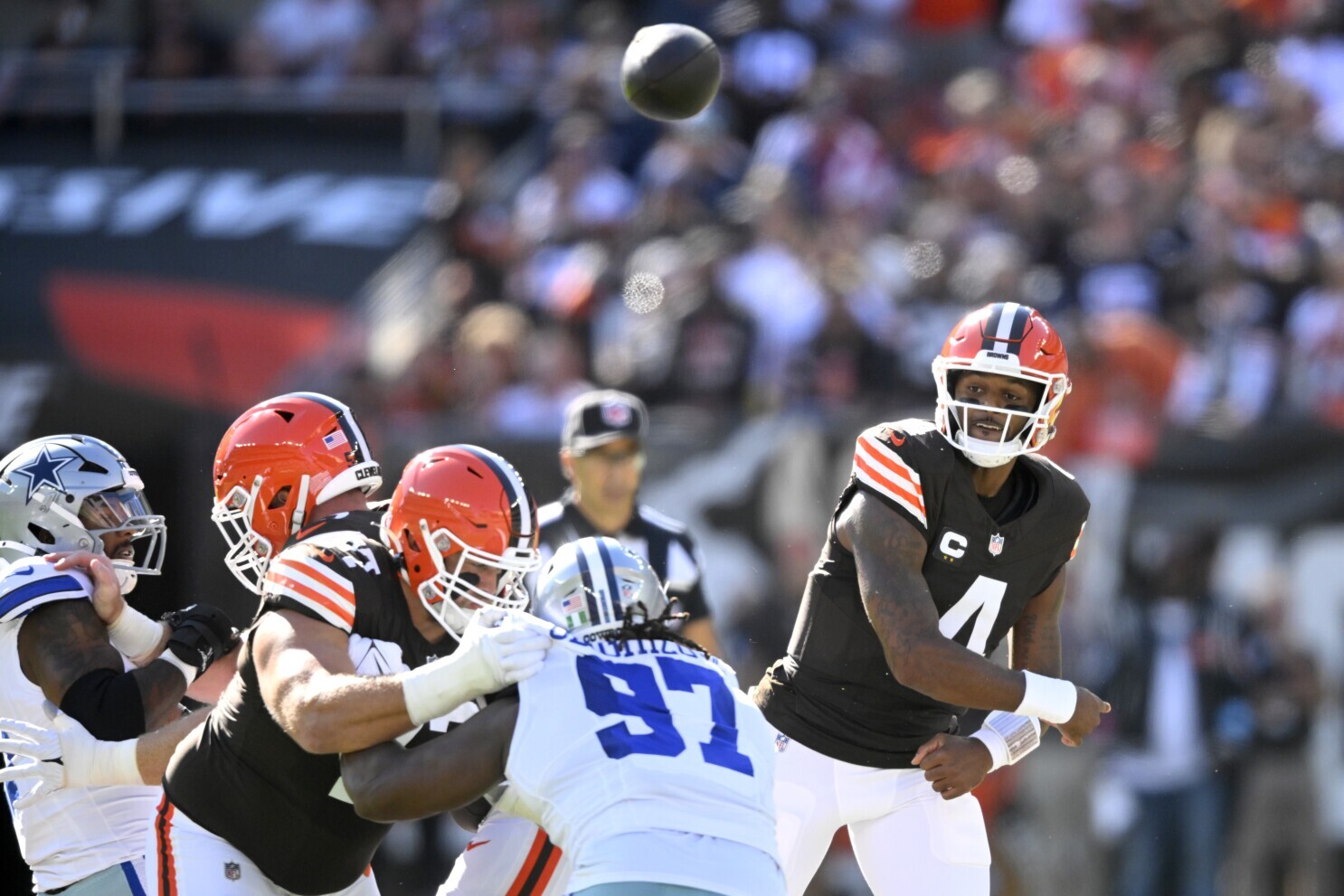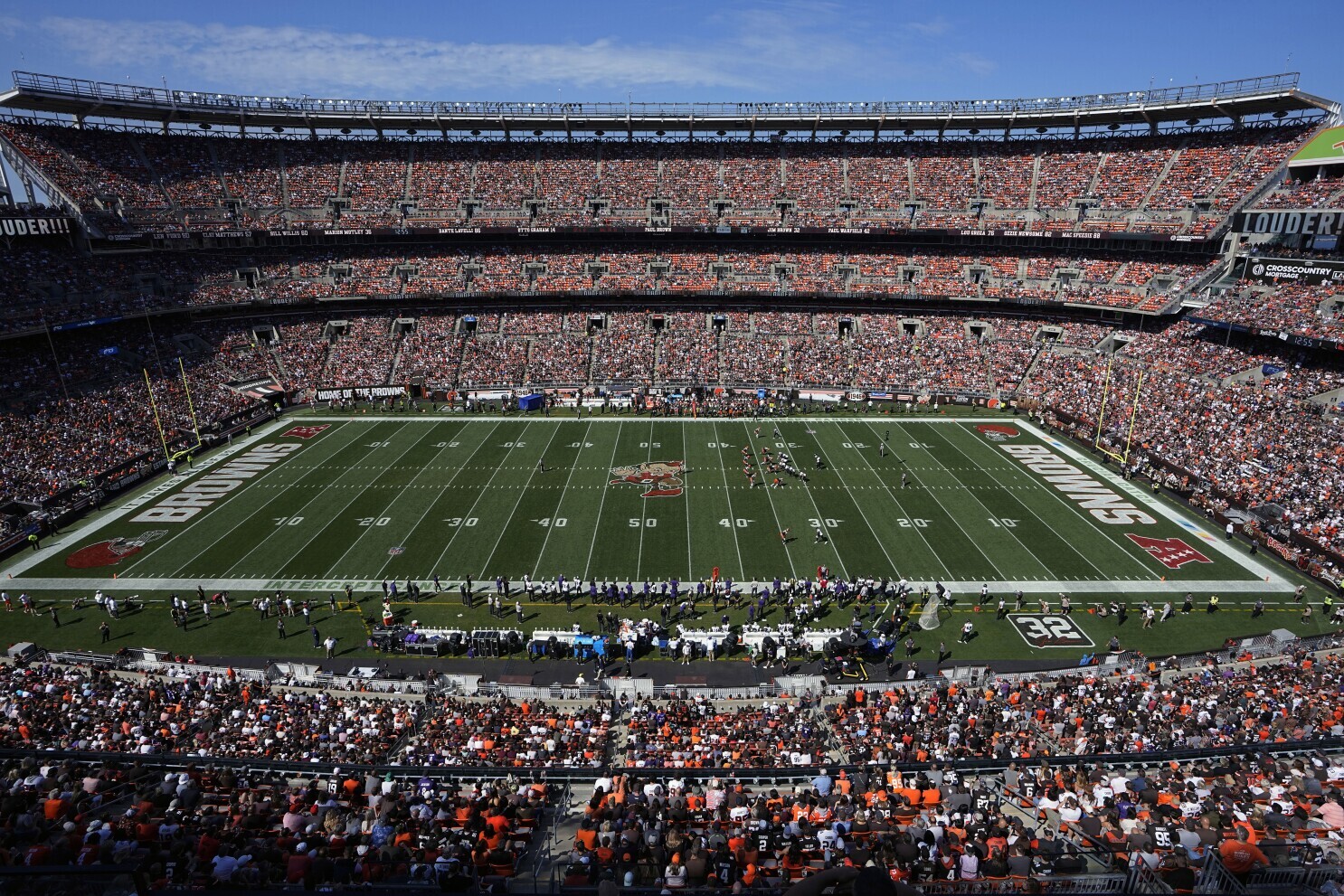The Cleveland Browns have taken their dispute with the city over a proposed move to a new stadium to federal court. The team filed a lawsuit seeking clarification of the “Modell Law,” which the city intends to invoke to prevent the Browns from relocating after their lease at the Huntington Bank Field expires in 2028. This legal action highlights the tension between the team and city officials as they navigate the complexities of sports facility agreements and local government regulations.
Historically, the Browns have played in downtown Cleveland since the 1940s, occupying their current 65,000-seat stadium, which has been leased from the city since 1999. The “Modell Law,” enacted in 1996, restricts professional sports teams using tax-funded facilities from leaving without permission or providing a six-month notice. This law was notably used to keep the Columbus Crew Major League Soccer team from moving to Texas in 2019, demonstrating its significance in local sports negotiations.

Last week, Browns owners Dee and Jimmy Haslam announced plans for a new domed stadium and entertainment complex in Brook Park, approximately 15 miles south of Cleveland. This announcement was met with resistance from the Cleveland city council, which threatened to apply the “Modell Law” to block the relocation. The law is named after former Browns owner Art Modell, who famously moved the team to Baltimore in 1995 after failing to secure a new stadium in Cleveland.
In response to the city’s threats, Dave Jenkins, CEO of Haslam Sports Group, stated that the lawsuit aims to remove the issue from political contention and facilitate the construction of the new stadium in Brook Park. He expressed the team’s commitment to a project that would enhance the Cleveland area by providing a domed stadium and mixed-use development that could boost local economic activity and revenue.
The Browns considered renovating their current stadium but found the costs prohibitive, despite the city’s offer of $461 million toward the project. Cleveland Mayor Justin Bibb expressed disappointment with the Haslams’ decision to pursue a new stadium, describing it as “frustrating and profoundly disheartening.” As both sides prepare for a legal battle, the future of the Browns’ home base remains uncertain, highlighting the complexities of sports management and city relationships.
